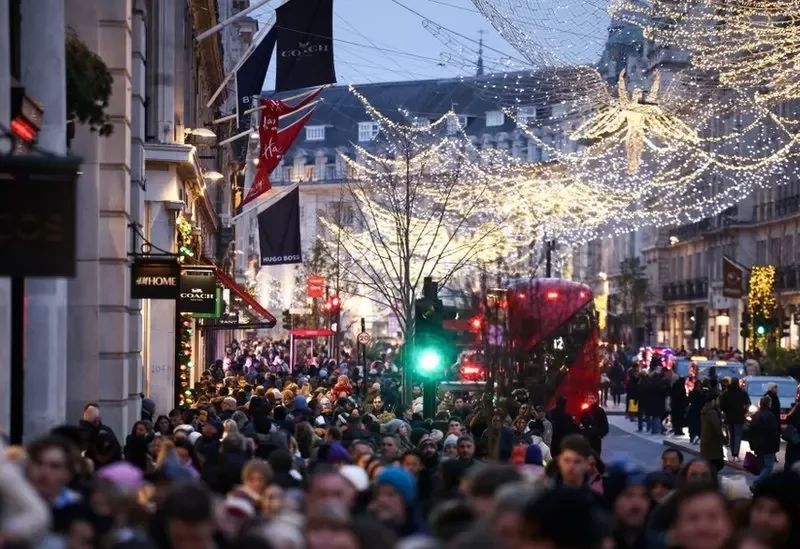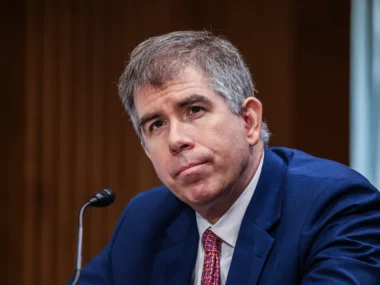London-based businesses, facing reduced sales amid the cost-of-living challenges, are urging the government to ease Sunday trading regulations in the capital.
The Knightsbridge Partnership Business Improvement District (BID) supports extended operating hours, projecting a potential yearly revenue increase of £300 million. Liberal Democrat London Assembly members also highlight the benefits, such as amplified tourism and employment opportunities, that such a change could bring.
However, despite these appeals, the government presently has no intentions to amend existing legislation. Sunday Trading regulations trace back to the Sunday Fares Act of 1488, a time when Sundays were conventionally observed as a religious day of rest. Although the Sunday Trading Act of 1994 allowed smaller shops unrestricted Sunday opening hours, larger shops exceeding 3,000 square feet (280 square meters) are still limited to a six-hour window.
Steven Medway, CEO of the Knightsbridge Partnership BID, emphasized the findings of a previous report that estimated a potential yearly revenue boost of £300 million and the creation of 2,000 jobs should the relaxation of Sunday trading regulations be implemented.

Steven Medway highlighted: “As it doesn’t incur any costs for the government to implement, we perceive it as a win-win situation.”
He mentioned that establishments like Harrods often turn away “many visitors” on Sunday evenings, noting that these visitors, having traveled globally, observe relaxed regulations in places like Paris, and New York, which has never encountered such limitations.
However, concerns have been voiced by small business proprietors regarding potential competition on Sundays if larger stores extend their opening hours. Chandra Goyal, the owner of Central Food and Wine shop in Soho, central London, expressed worry, stating, “Sunday is a very popular day for us. We usually do a couple of thousand in business… but that might not be feasible if all the larger supermarkets are open.” Goyal explained, “As a small business, we can’t match supermarket prices.”

Chandra Goyal questioned, “What incentive would customers have to come here if they can find cheaper prices at supermarkets?”
In Scotland, there has never been any legislation restricting Sunday trading, allowing shops to operate for extended hours without limitations.
Hina Bokhari, a Liberal Democrat member of the London Assembly, conveyed to BBC Politics London that altering the law would serve as an “economic boost,” potentially leading to amplified tourism and employment opportunities within the capital.
“Why is London Unable to Do the Same?”
“We’ve observed Scotland’s success without a significant impact on smaller businesses. If other cities are implementing this, why can’t London?” stated the spokesperson.
Ellie Reeves, Labour MP for Lewisham West and Penge, emphasized the need for cautious consideration, highlighting the importance of maintaining a work-life balance for employees. She suggested alternative measures like business rate reform, enhanced policing in retail areas, and strategies to address vacant shops, which could potentially be more effective in revitalizing high streets.
Sir Bob Neill, Conservative MP from Bromley and Chislehurst, expressed a personal perspective that laws should adapt to modern lifestyles. He proposed the idea of a trial program during peak periods like Christmas or in specific London regions, but stressed the necessity of protections for both shops and staff to prevent undue strain.
However, a government spokesperson clarified, “There are currently no plans to amend the Sunday Trading Act.”
The full episode of Politics London will be available for viewing on Sunday on BBC One or BBC iPlayer.











